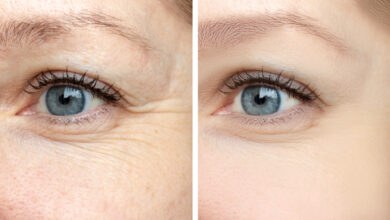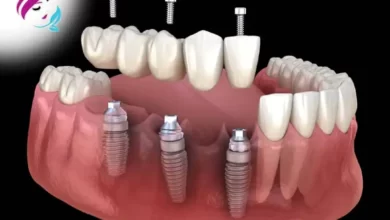
It might be difficult to determine which kind of dental expert is ideal for your present needs given the wide range of dental professionals available to patients. Making an informed decision about your dental treatment can be facilitated by being aware of the distinctions between conventional dentists and oral surgeons
Education
After earning a bachelor’s degree, general dentists and oral surgeons must undergo dental school. Anatomy, physiology, pharmacology, pathology, and oral surgery are among the courses that students take in dental school, which normally lasts four years of full-time study. Additionally, dental students complete clinical practicum experiences where they learn first-hand how to identify and treat dental issues.
A general dentist must pass a license exam in order to practice in a certain location after graduating from dental school and earning the Doctor of Dental Surgery (DDS) or Doctor of Dental Medicine (DMD) degree. Surgical residency takes four to six years for oral surgeons, also known as oral and maxillofacial surgeons. The Commission on Dental Accreditation must approve the residency program in order to guarantee that each resident obtains the instruction in oral pathology, anesthesia, oral surgery, and other areas required for competent practice. A board certification exam must be passed after the surgical residency.
Clinical Practice’s Purpose
Dentists in general provide the majority of dental care. You will have a teeth cleaning, X-rays, and a thorough examination for dental issues at the general dentist’s office. The most frequent services offered by general dentists include veneers, bridges, crowns, and root canal therapy. Additionally, they offer advice on how to avoid frequent dental issues. Even while a general dentist is capable of doing straightforward tooth extractions, more difficult surgeries could be beyond the scope of their training.
Specialist education is required for treating a range of disorders affecting the face, mouth, and jaw by oral and maxillofacial surgeons. When a patient has an issue that is beyond the purview of a general dentist’s training, they are often referred to an oral surgeon. Oral surgeons remove both basic and complicated teeth, including wisdom teeth. Additionally, they offer assistance to accident victims who require reconstructive dental procedures. Additionally, soft tissue biopsies, tumor removal, jaw realignment surgery, soft tissue healing, and implant placement are among procedures that oral surgeons can do.
Choosing the dentist who best suits your needs might be challenging. To find out if an oral surgeon can best meet your needs, get in touch with our office.




